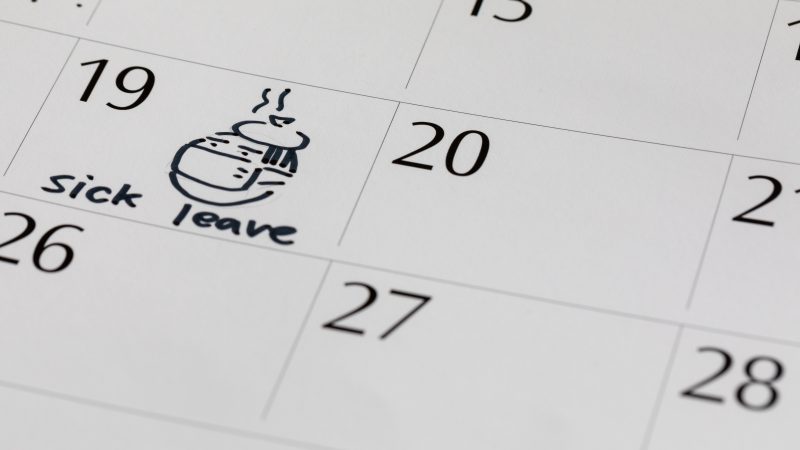
Being the Labour candidate for Silverdale and a freelance educational consultant, I’ve met self-employed people from all walks of life – from teaching assistants to musicians to accountants and many more. The pandemic was tough on us all, but this was particularly the case for workers who are self-employed or in the gig economy.
Think back to the height of the pandemic – you get that dreaded positive Covid test. You, of course, need to isolate for what was then ten days to protect others. You might be feeling terribly ill, stricken down with a virus that has taken so much from so many.
Now imagine that your sole source of income would be cut off during this period. Imagine that you don’t have any sick pay, and you don’t qualify for government support schemes. This may sound like a nightmare, but for many self-employed people this has been a reality.
My union, Community, as the trade union representing self-employed workers, has conducted the widest study ever undertaken on the impacts of a lack of sick pay on self-employed people. The results were startling.
The investigation found evidence of high numbers of self-employed people falling through the cracks of inflexible or inadequate government support schemes. 57% of self-employed applications for the £500 test and trace support payment were rejected. Across the local authorities surveyed, that amounted to at least £24,439,000 denied to the self-employed.
The research also highlighted that 21% of applications to the test and trace support payments were made by the self-employed, meaning that self-employed workers were represented amongst claimants at a disproportionately high rate. The number of self-employed people claiming Universal Credit increased by an astonishing 270% during the pandemic.
Some of the responses from self-employed people on their experiences have been heartbreaking. One person said: “Even if I was ill, I would have to work. £96 a week, even if I could get it, would not even buy food for the family.” Another said: “I run a business with my husband. When he injured his back one Christmas, I had to work from 8am to midnight to keep it going. If both of us are ill at the same time, I don’t know what we’d do.”
People spoke of having to remortgage houses, go without essentials, struggle on as family members are ill. It is neither fair nor just. Self-employed people pay taxes just like everybody else: there is no reason that we shouldn’t be entitled to statutory sick pay as other workers are.
Inaction from the government is keeping Britain behind the curve. Sick pay schemes for self-employed people based on previous earnings are already in existence in countries like Germany.
The pandemic highlighted the flaws in the ways some of our society is constructed. We need to make changes to create a better working world for all. Our sick pay system is not fit for purpose, leaving millions of people having to choose between their health and paying their bills.
The current system has not kept pace with the changing world of work, i.e. a move away from fixed, long-term employment in a physical place of work. It’s time to introduce statutory sick pay for all. We’re very pleased that Labour has backed sick pay for all – it is time that the government does the same.




More from LabourList
‘Labour promised to make work pay. Now it must deliver for young people’
‘Council Tax shouldn’t punish those who have the least or those we owe the most’
Two-thirds of Labour members say government has made too many policy U-turns, poll reveals